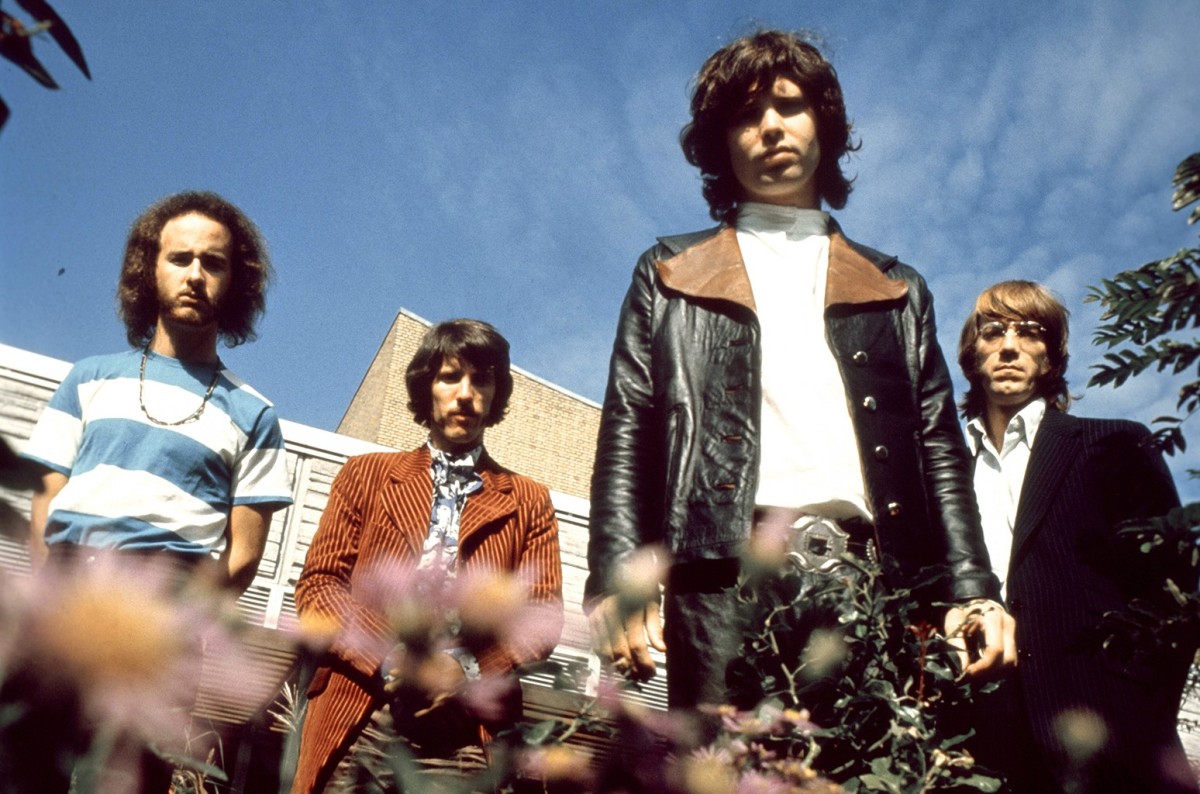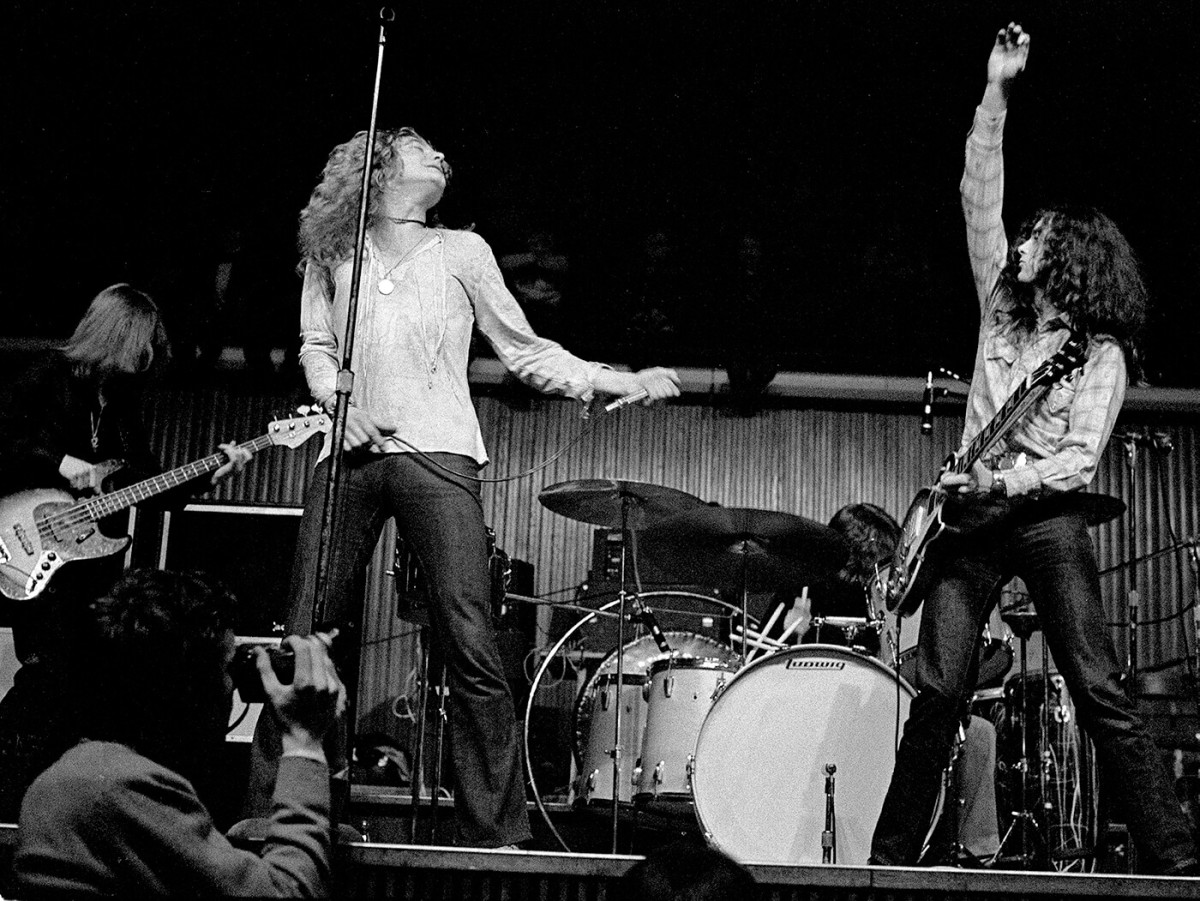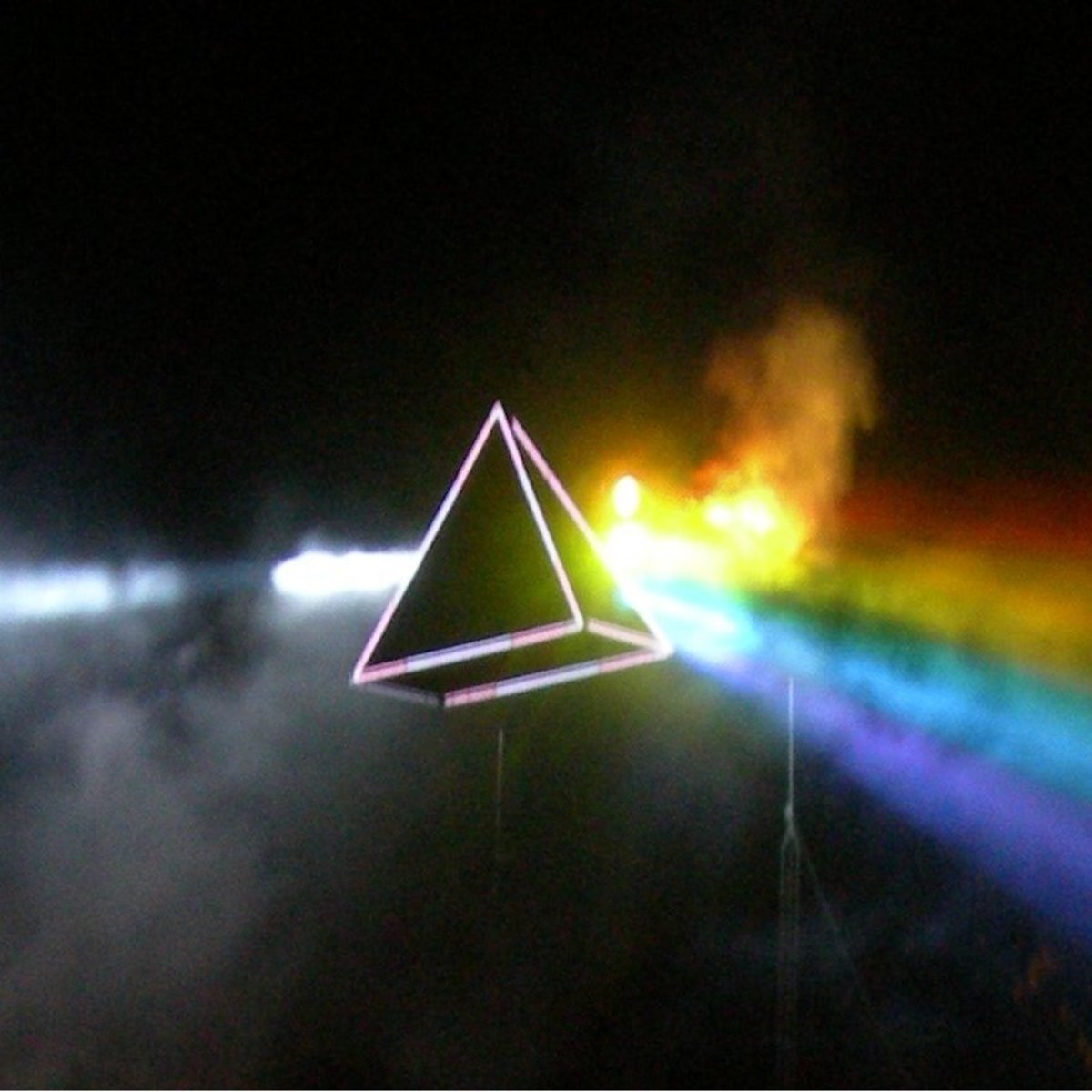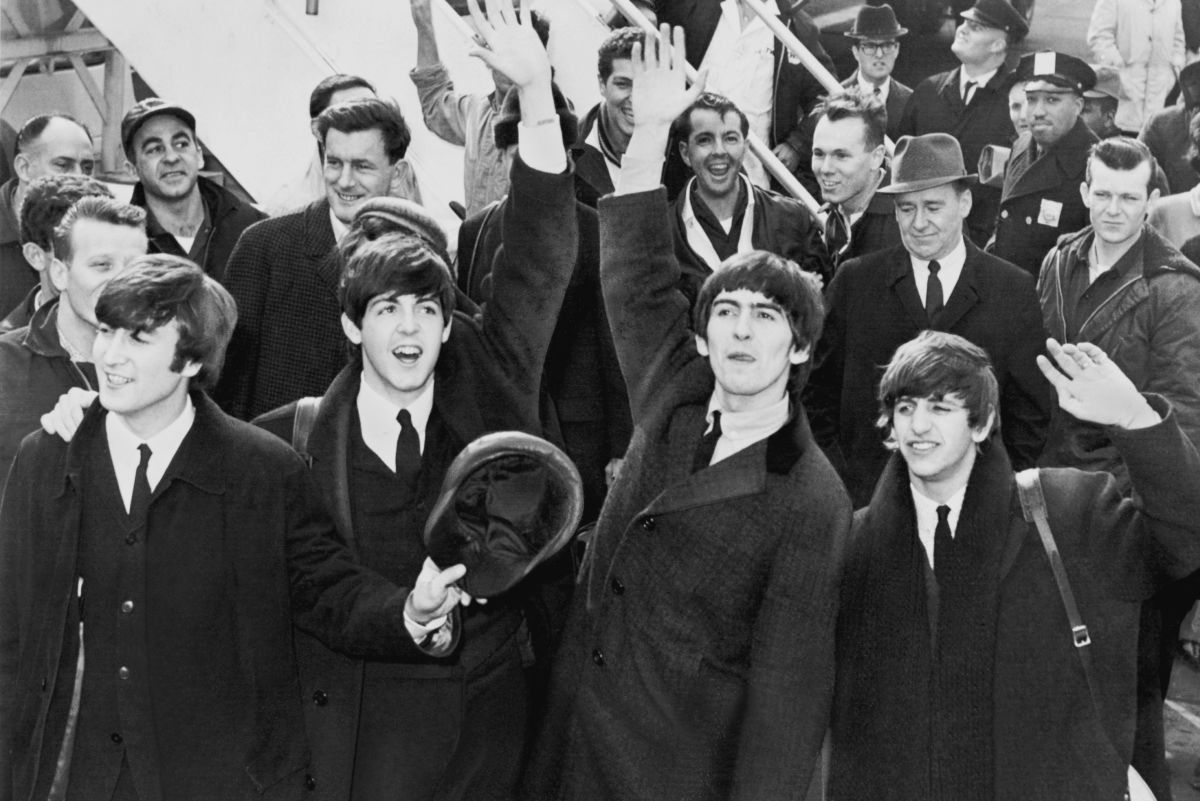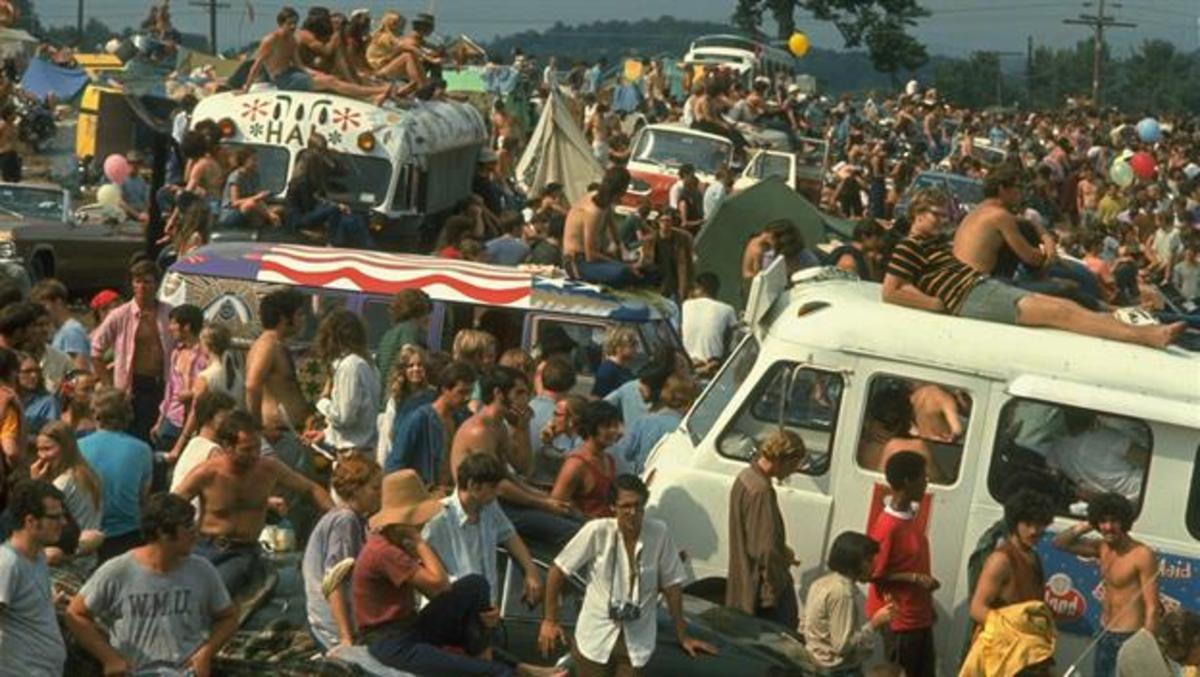The Doors: Resistance Through A Soft Parade
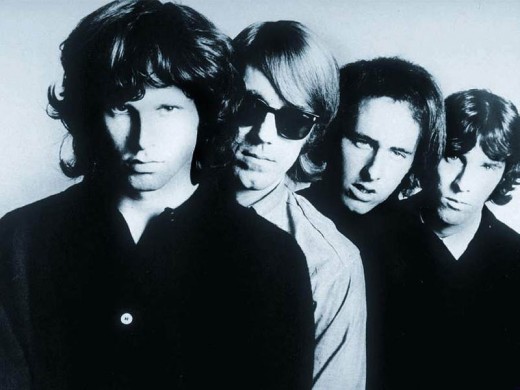
No One Here Gets Out Alive
I was fortunate to see "The Doors" as an impressionable young teen when the group came to Long Beach, CA -- this was after "Morrison Hotel" but before anything had been broadcast for "L.A. Woman."
Snake Dance
The band started out with their new "L.A. Woman" tracks. Like most rock concerts of the period, it was chaos. Nobody in their chairs -- especially on the floor. People formed snaking dance lines on the upper-tier. The mixture of cigarette smoke and marijuana formed a kind of mustard gas in the air.
Morrison was either sober or primarily sober during this concert. He cut a few tunes off quick, with lines like, "There's nothing worse than an out-of-tune Crystal Ship."
The command that Jim Morrison had over the audience was something I had never seen before nor since. It was commanding and hypnotic and more than a bit frightening. He could have said, "Alright, alright, enough of this crap. Let's all go out and start burning some houses," and probably at least half the crowd would have followed him.
I'm Gonna Get My Kicks Now Before The Whole Shit-House Goes Up In Flames
Observing a few thousand people under the "dictatorship" of one guy who was certainly high if not boozed-up, made me understand something about the collective mind -- how easily it can be manipulated, how easily it can be made to do the most radical actions. Basically, all you need is a charismatic leader who plays upon your inner-frustrations (if not hatreds) and focus them into a particular action.
Fortunately, all of this was mere showmanship for Morrison. If you listen to some of his live albums, you can hear him getting into adversarial screaming matches with the audience. Screaming, "You're all a bunch of slaves" might coalesce in the minds of the intellectuals, but to the average stoned rock concert goer, it sounded challenging and demeaning.
In The Door's "Absolutely Live" album, during a slow, repetitive beat of "When the Music's Over," Morrison comes forth with the observation, "Well, that's New York for you. The majority of people who rush the stage are guys."
This certainly must have been a very different experience than girls hurling their panties onto the stage.
Other Voices
After Morrison's death, the remaining three members went on to produce three recordings on their own, and none of the three efforts made it onto the charts -- although I thought their first attempt, called "Other Voices" had a couple of very catchy and memorable songs.
But, there was no Morrison, no shaman, no sorcerer, no dark poet, thus the LPs went nowhere. And, strangely, Morrison did somehow embody these ethereal forms that stood at the core of the band. How much of this did he believe himself? My guess, is not a lot. When he was on stage, I sensed his outrage at the audience, which was waiting for him to do something mystical or simply shocking -- such as taking off all his clothes, maybe setting fire to the stage, or conjuring up Satan.
But, despite his ingestion of drugs and booze, he maintained a humble opinion of himself, and the expectations of the crowd for Jim to step forward as some kind of dark messiah probably inflamed his sensibilities. My guess is that Morrison could sense the pull of energy from the audience, and he hated it.
Paris and The End
At some point, I think he hated the entire scenario. I think this, more than anything, is what led him to retreat to Paris. I believe he wanted to get away from that energy-sucking ability of the crowd. In my mind Morrison had no wish to commit suicide (although he always lived over the edge where substance abuse was concerned). I think he "needed" to keep himself high because underneath it was a lot of anger (and fear), which he had no wish to try to control. His heavy reliance on drugs and alcohol spell out a personality who could not (or would not) handle reality.
He much preferred the toned-down beat and observations of being strung-out. In this state he could utter truths that no one really wanted to hear. He was far more than candid, he was unapologetic and blunt to the point of being merciless.
Clearly, he wasn't in Paris to "clean himself up." He was there for the sake of escape, and he succeeded. The reporters were off him, the fans were off him, and he could concentrate on bringing himself to some zero-point. And, in that he succeeded as well.
The Movie
The Oliver Stone movie "The Doors" seems to tell the fable of Jim Morrison fairly well, while leaving the rest of The Doors members in the ditch. In the scenes that Oliver Stone portrayed, he always placed Morrison on some kind of outer edge -- and this was certainly not accurate. There are recordings between Morrison and reporters that are completely lucid and calm. I believe that Morrison fought to maintain this place of inner-calm. When the weed, pills, alcohol did not provide this for him, we have other recordings of him being a raging beast.
Because Morrison wanted to test the boundaries between reality and ... something else -- he went too far and ended up dead at a far too early age. They say that the candle that burns brightest burns half as long.
Evolution If Not Revolution
For the younger readers: You have to take this period and participation of "The Doors" as a step forward in an intransigent society of mostly conservatives who viewed anything outside the norm as dangerous and sacrilegious. It was like getting the Berlin Wall to crumble. The people who upheld "morality" in this country were mostly hypocrites, people of less than moderate educations but who nevertheless held a lot of political weight as either the "silent majority" or the unsilent majority.
A lot of young people shoveled this conservative hypocrisy right back into their faces. The good news is that the youth won out. Maybe your dad or mom wasn't a participant in the movement, but they were still a part of it (one way or another). Judge them for their choices, not just because they seem like old bags of fertilizer. You have to understand. This movement between the younger class and the conservative majority was a long and bitter battle.
They've Got The Guns But We Got The Numbers
Viet Nam became the flag poll aroung which the opposing forces would meet and do battle. Some students at Kent State got shot down by the National Guard, because the Guard got the hebbie-jebbies -- so this was no conflict of mere words and protests.
Maybe one or both of your parents attended the battle scene at the 1968 Democratic Convention in Chicago. If you had watched this on your black and white TV like most of us, you would have gathered that the US was under a totalitarian regime ... and maybe it still is. But, have a bit of sympathy in your hearts for those who stood up in Chicago and had the guts to be billy-clubbed to death.
The Occupy Movement - Timid And Unemotional
Do you, John, Joe, Lawrence, Amy, or Carole ... do you have that kind of courage? This is not about a sit-in or demonstration of antipathy toward the establishment, no. This is about standing up against a hostile cop force, with shields, with clubs, and pushing back. Do you think you have the guts for that, as you look around and see your sisters being pulled into vans by the hair on their scalp?
I mention all of this just with the hope of sharing the times in the late 60's and early 70's toward whom the iPod generation seems to have little or no regard. Take a look back. Do some reading, and you'll realize that this sense of rebellion is nothing new. In fact, the level of rebellion compared to the generation that came before it is insipid. "The Occupy movement appears as so many intractable tree leaves. If you are fervent in your desires to change the future, you have to accept your scalp being opened up by some "pig's" (police man's) billy club. If you can't face that, you might as well lay down and let them turn you into an interestingly designed carpet.
The Doors Performing When the Music's Over
We Lost
Though my generation provided a definite threat to the "establishment," we had no idea how entrenched the leadership cabal was put together. We now realize that this group is an international conglomerate of powerful oligarchs who control our governments and media. Their objective seems to be none other than to reduce the population of this planet. Hard to believe? Yep.
My Only Friend
When Francis Ford Coppola decided to use the Doors' song "The End" in his masterwork "Apocalypse Now," it revitalized an interest in the band. Morrison died in 1971 so by the time the film was released (1979), approximately eight years had passed. Thus, much of the audience was totally unfamiliar with Morrison's often dark lyrics or anything connected with The Doors. Coppola created an inadvertent advertisement for a pretty much forgotten rock ensemble. Since "Apocalypse Now" focused on the Viet Nam war, the music choice was appropriate. The war continued into 1975. Since his film was then a "modern day" interpretation of Joseph Conrad's "Heart of Darkness," written way back in 1899, Coppola wanted to bring as much darkness to the film as possible
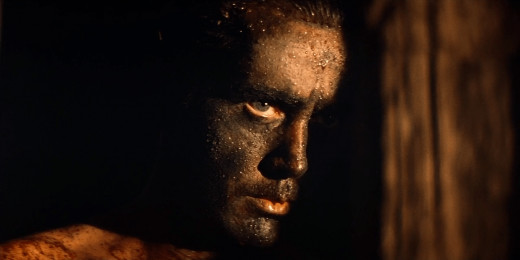
Using "The End" by The Doors was ingenious because a lot of people -- even of the generation in which the song was created -- had not exposed themselves to the gloom of a band originating from the most worthless place on Earth, Los Angeles, California. Everyone loved the Beach Boys, and for a time there was this rivalry -- were you a Beach Boys fan or a Beatles fan? You couldn't be both. So, if you toss aside the Beach Boys, (with few exceptions) California wasn't on the map for producing significant bands.
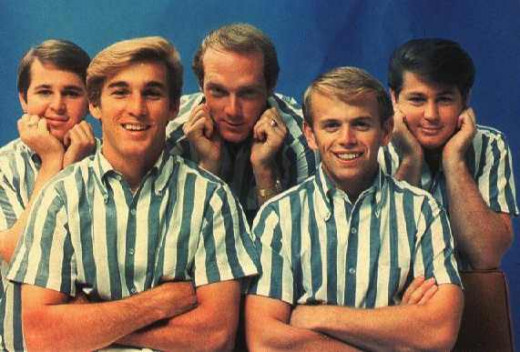
From Los Angeles, California
Then finally came The Doors. I think their first LP was released sometime in 1967. My sister had one of the first stereophonic LP players and borrowed a copy of The Doors recording from a friend. I listened to it and was immediately enthralled yet challenged. Some of the music itself seemed very irregular, kind of dissonant but at the same time alluring and captivating. The lead vocalist, Morrison and his lyrics were beyond my grasp -- and this too was both upsetting but alluring. I wanted to understand what I was hearing. It would take me years to reach a point of understanding and full appreciation.
Early Deaths
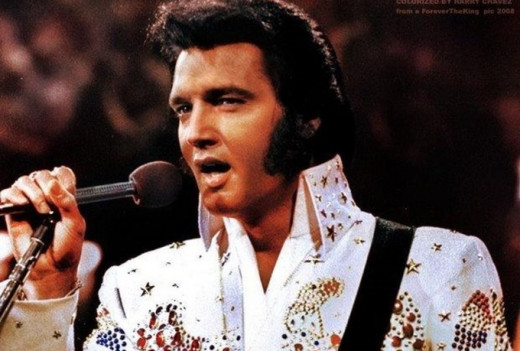
Morrison died in 1971 at a far too early age. Elvis died in 1977. I heard about it while at work and nearly wept. John Lennon was killed in 1980. I was at home listening to the radio while doing some other stuff. I was shocked and horrified. People were now finding it necessary to kill off rock celebrities? My perception of the world changed. Morrison's early death might have been predictable, but not by me. Elvis had shown obvious signs of illness. I was always a huge fan and was just waiting for him to lose weight and make another come-back. This was destined never to happen. And a twisted-minded "fan" of Lennon shooting him down on the streets of New York City just brought back horror-flashes of Robert Kennedy laying on the floor with a hole in his head, asking if other people had been hurt.
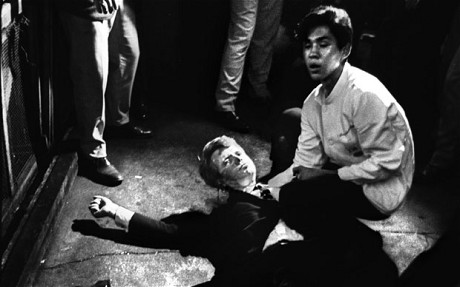
Mayhem
The 60's-70's were wild times. You could smell blood in the air -- what did it mean -- some kind of interior revolution between generations? The Kent State shootings occurred in 1970. Martin Luther King, Jr. was gunned down in 1968. A few months later Robert Kennedy was killed. The Watts riots occurred in 1965. The Rodney King riots occurred in 1992.
A sense of mayhem, insanity and disaster resided in Los Angeles for decades. This wasn't a period of malaise. Dead rock idols, dead presidents and their brothers, dead preachers, dead students, an unsupportable war, riots in Chicago, Los Angeles ... yeah, Jim, at the time it looked like the whole shit-house was definitely going to collapse into flames.
The Brain
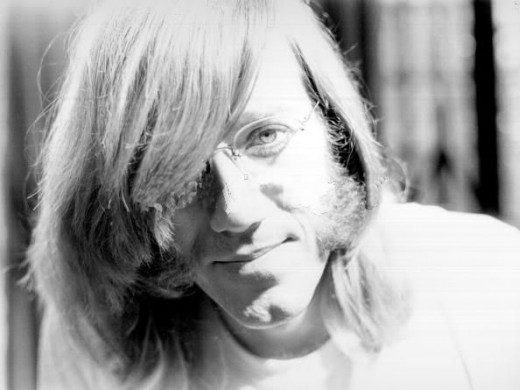
Ray Manzarek died in 2013. He was always overshadowed by Morrison but was really the founding father of The Doors. A certain door became permanently shut forever. He was 74 at the time of his death -- not bad for someone in the field of rock and roll.
Yet his demise brought home the feeling that my own time on planet Earth was coming to a closure. I guess I might be ten years younger than Ray, and when you get into your sixties, ten years doesn't seem like a hell of a long time. My father died at 42, my mother at 65, so I'm sort of just counting the days.
Once you hit 60, you really begin to reflect. You reflect on the events of your time, the things that influenced you, the things that held your interest. Then you begin to realize that everything is disappearing. You can't relate to new "artists." They seem shallow and mere products of an industry hell-bent on making a profit no matter what. It's all rather sad in in its way but probably no more so than the "Great Generation" having to adjust from Frank Sinatra to Elvis Presley. The change from crooner-type music to rock must have seemed abhorrent and decadent. The Baby Boomers are probably more tolerant, but don't see much merit in new "talent." We continue to listen to the Stones, the Who, even The Doors. Thus the music industry has to weather-out a huge drop-out in sales. Who is going to bring them revenue that Elvis provided -- Taylor Swift? I don't think so.

